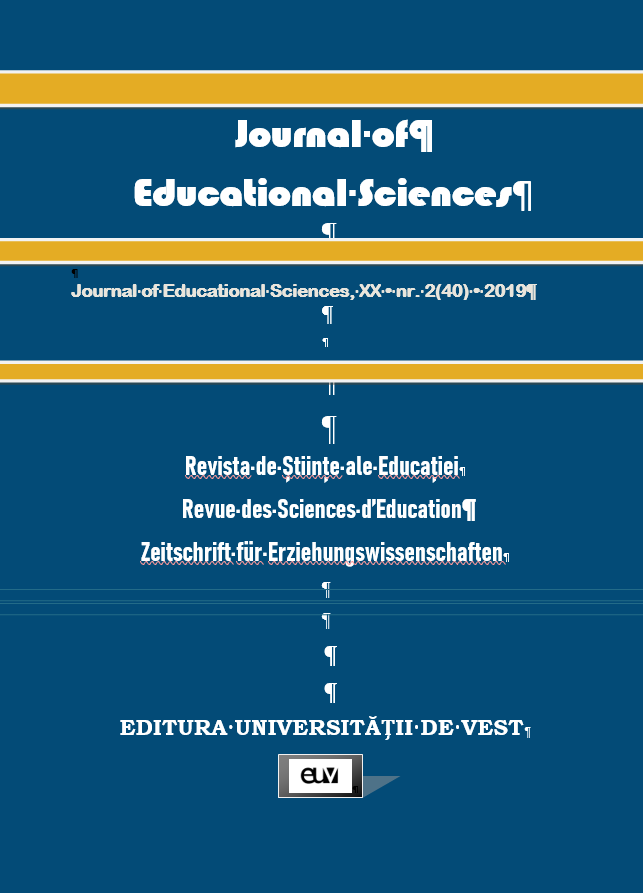Intercultural Competence in Education
to Foster European Identity
Intercultural Competence in Education
to Foster European Identity
Author(s): Agostino PorteraSubject(s): School education
Published by: Editura Universității de Vest
Keywords: identity; risk factors; protective factors; fundamental needs; intercultural education;
Summary/Abstract: The paper summarizes the results of a qualitative study that aimed to identify the positiveoutcomes and opportunities, as well as the risks related with the identity building inmigration and living in a multicultural context. Research consisted of a 7-year longitudinalcase study, during which the life-stories, conflicts, crises, and problem-solving strategies of23 young people of Italian origin with migration experiences – some of which were stillliving in Southern Germany and some of which had returned to Southern italy – wereobserved. The sample was composed of both adolescents with intellectual disabilities orother psychological and social disorders and adolescents who seemed to have benefitedfrom living and growing up in different cultures. From the biographies it was possible toidentify the main risk and protective factors related to migration and life in a multiculturalcontext, and the adequate coping ability associated with their development. Based on themain findings of the study it was also possible to hypothesize that migration can inhibit orfacilitate the fulfillment of fundamental human needs. So, the qualitative data was analyzedin order to identify the needs which seemed to be related with the harmoniousdevelopment of the personality and a tentative theory of fundamental needs of humandevelopment was proposed. Finally, the results suggest that intercultural education canplay an important role in determining whether subjects experience enrichment and growthor increasing difficulties or mental illnesses and social disorders. Therefore the paper takesthe position that education can be an effective measure for fostering stable, flexible andmultiple European identities. Given the research results, intercultural education, asdeveloped and applied in a European context, can be considered as the most appropriateapproach.
Journal: Revista de Științe ale Educației
- Issue Year: 40/2019
- Issue No: 2
- Page Range: 14-27
- Page Count: 14
- Language: English

